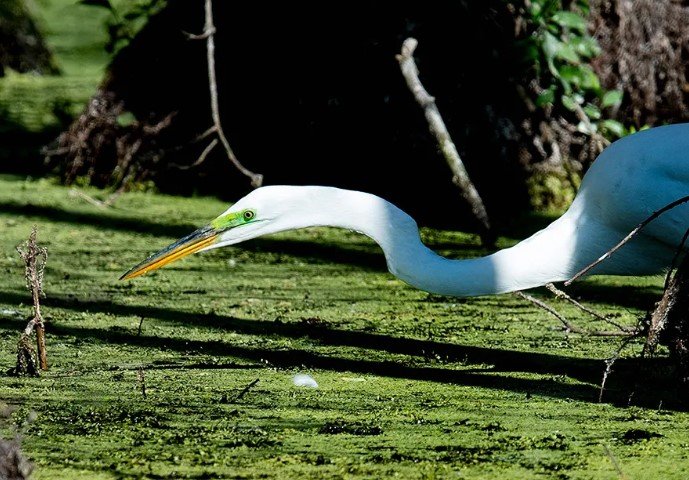The recent Supreme Court decision to curtail the Clean Water Act’s wetlands protections has sparked a nationwide debate on the future of America’s wetlands. This ruling, which significantly limits federal authority over certain types of wetlands, has been met with both applause and alarm. The decision underscores a critical question: How do we balance ecological preservation with economic development?
The Ecological Significance of Wetlands
Wetlands are among the most productive and biologically diverse ecosystems on the planet. They serve as crucial habitats for a myriad of species and play a key role in water purification. The loss of wetland protection poses a threat not only to wildlife but also to the quality of water resources that millions depend on.

The recent policy shift has raised concerns about the potential for increased pollution and habitat destruction. Environmentalists argue that the decision ignores the interconnectedness of ecosystems and could lead to irreversible damage to both local environments and global biodiversity.
The Economic Argument for Development
On the other side of the debate are those who champion the Supreme Court’s decision as a victory for property rights and economic growth. Proponents argue that easing restrictions on wetland development opens the door for beneficial projects that can stimulate local economies and create jobs.
However, this perspective is often criticized for being shortsighted, failing to consider the long-term environmental costs that could outweigh immediate economic gains. Critics warn that the degradation of wetlands could lead to more costly problems down the line, such as increased flooding and the loss of natural water filtration systems.
Finding Common Ground
The challenge now is to find a middle path that respects the need for both environmental stewardship and economic progress. Innovative solutions that incorporate sustainable development practices could allow for the utilization of wetland areas without compromising their ecological functions.
The debate is far from over, and the stakes are high. The decisions made today will have lasting impacts on the environment, economy, and communities across the nation. It is a complex wager, with our wetlands—and our future—at the center of the table.

Comments